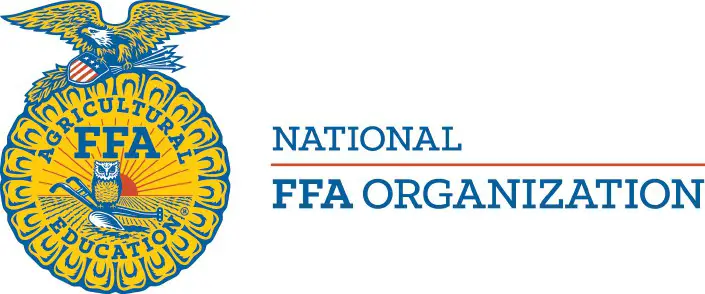Agricultural education plays a vital role in shaping the future of farming and rural communities. The National FFA Organization (formerly known as Future Farmers of America) is a cornerstone of this effort, dedicated to empowering young individuals with the knowledge, skills, and leadership experiences needed to excel in the field of agriculture. In this article, we’ll delve into the significance of FFA agricultural education and its impact on students, communities, and the agricultural industry.
The Evolution of FFA:
Founded in 1928, the FFA has transformed from its roots as a platform for young farmers into a dynamic organization encompassing a wide range of agricultural careers. FFA’s mission extends beyond farming to include agribusiness, biotechnology, environmental science, and more. The organization provides students with hands-on experiences, leadership development, and exposure to various aspects of the agriculture industry.

Key Components of FFA Agricultural Education:
- Classroom Instruction: FFA agricultural education often starts in the classroom, where students learn about topics such as soil science, animal husbandry, crop management, and agricultural economics. These foundational lessons provide students with a solid understanding of the agricultural sector.
- Hands-On Learning: Practical experience is a core element of FFA. Students have the opportunity to engage in activities such as raising livestock, cultivating crops, and participating in agricultural research. These experiences bridge the gap between theory and real-world application.
- Leadership Development: FFA places a strong emphasis on leadership and personal growth. Through participating in various FFA events, conferences, and competitions, students develop skills such as public speaking, teamwork, and problem-solving – qualities essential for success in any profession.
- Career Exploration: FFA introduces students to a diverse range of career paths within the agricultural industry. From agribusiness management to agricultural engineering, students gain insights into potential career options and can make informed decisions about their future.
Benefits of FFA Agricultural Education:
- Skill Enhancement: FFA equips students with practical skills that are valuable in both agricultural and non-agricultural fields. These skills include critical thinking, time management, and effective communication.
- Networking: FFA provides a platform for students to connect with peers, mentors, and industry professionals. Networking opportunities can lead to internships, job offers, and lifelong relationships.
- Community Impact: FFA students often engage in community service projects, contributing to the betterment of their local areas. These initiatives promote civic responsibility and demonstrate the positive influence of agriculture on society.
- Industry Innovation: As agricultural practices evolve, FFA agricultural education keeps pace with technological advancements. Students are exposed to cutting-edge techniques and technologies that contribute to the industry’s growth and sustainability.
Preparing Future Leaders:
FFA agricultural education molds future leaders who are well-equipped to address the challenges and opportunities within the agriculture sector. As the global population grows, the demand for food, fiber, and natural resources increases. FFA graduates are positioned to make meaningful contributions, ensuring the continued success and innovation of agriculture.
FFA agricultural education is a transformative force that prepares students for successful careers in agriculture and related fields. Through classroom instruction, hands-on experiences, leadership development, and career exploration, FFA empowers students to become knowledgeable, skilled, and responsible contributors to the agricultural industry. As FFA continues to evolve and adapt to changing times, its impact on students, communities, and the agricultural sector remains undeniable.
